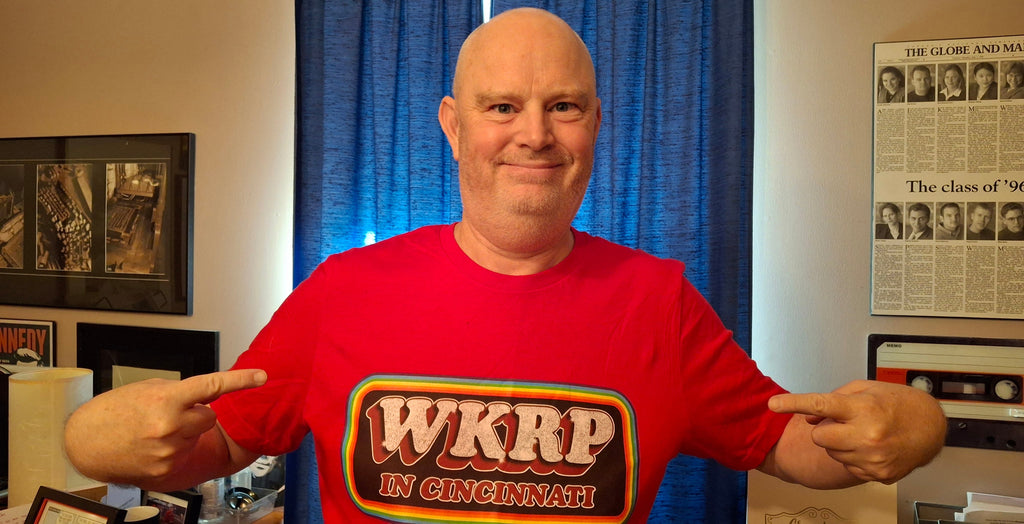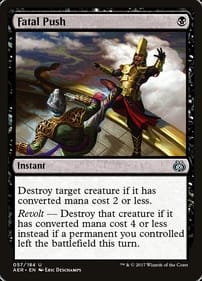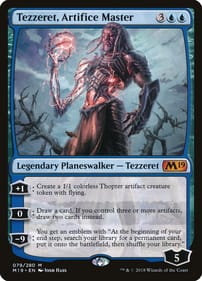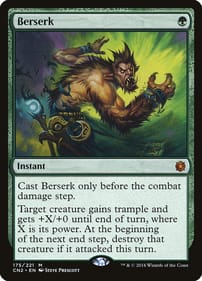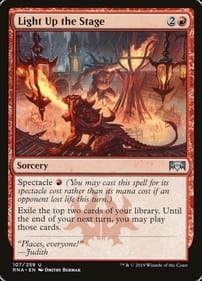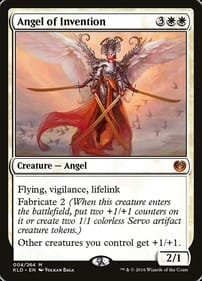Man, I Miss WKRP
By Dan Brown Loni Anderson died last week, and I felt a pang. It’s the same flutter of emotion I feel whenever I think about the long-gone CBS series WKRP in Cincinnati. Along with Match Game and the Muppet Show, WKRP was one of my favourite TV shows from the 1970s, and of all time. I miss it. Anderson rose to fame on WKRP as receptionist Jennifer Marlowe. The series was a workplace sitcom that elevated the workplace sitcom with realistic performances and superlative writing, but was mostly ignored by the television-watching public. Anderson played Marlowe not as the obvious ditzy blond, but as possibly the smartest person at the fictional radio station whose poise came from a wealth of self-knowledge. Jennifer knew who she was, and she was more complex than she looked – the stacked bombshell with the million-watt smile who lit up the lobby, prey for the visiting salesmen who always hit on her. She was one of the reasons I fell in love with the show, which I watched in afternoon reruns following classes when I was at elementary school. WKRP stood out from the other after-school offerings like The Edge of Night and Sanford and Son because the characters were multi-dimensional, and the way they viewed the world – as reflected in the funny lines they spouted – made sense to my developing mind. Also appearing were characters like world-weary morning man Dr. Johnny Fever, mellow evening host Venus Flytrap, ambitious program director Andy Travis, clueless station manager Arthur “Big Guy” Carlson, lecherous salesman Herb Tarlek, over-serious news director Les Nessman, and earnest cub reporter Bailey Quarters. Originally intended to revolve around Travis, the show grew into an ensemble piece that ran from 1978 to 1982, straddling the brief Carter Era as it gave way to the Reagan Years. I always considered it a tragic injustice that WKRP never got a proper series finale, although there wasn’t as strong a tradition of them back then as today. Individual episodes were based on actual personalities and situations that creator Hugh Wilson had come across in his own broadcasting career. The background tunes that viewers heard were real radio staples or hits-in-the-making. I remember the show clearly because the writers did an amazing job of doling out small details about each of the characters in an organic way. Viewers learned Jennifer liked to date older, rich men, and there was at least one episode dedicated to scratching below the surface of this seeming lust for gold. Another had her small-town boyfriend arriving in Cincinnati to drag her by the hair back to Rock Throw, West Virginia. One episode had a union drive sweeping the station. A co-worker asked if she would be joining. "I already belong to a union,” she educated her interlocutor. “It's a quasi-religious group called the International Sisterhood of Blond Receptionists. There are only 12 members in the world. We meet once every two years in Switzerland. If I told you our minimum salary you'd have a heart attack and die. Bye." In yet another, she had to witness and carry out the videotaped last wishes of her former lover, over his family’s objections – naturally, they assumed she was after the admiral’s money. It ended not with all the plot threads being tied in a tight bow, but with no resolution at all, the situation promising to persist. That kind of realism was rare on TV in those days. WKRP also played an important role in the history of television. It continued in the imprint of The Mary Tyler Moore Show, exploring the antics behind the scenes at a broadcasting outlet, while pointing toward future programs that would continue in the same vein, such as The Larry Sanders Show. Being a huge fan still, I’m always looking for excuses to write about it. So when I was at the National Post in 1998, I penned an article marking the 20th anniversary of the show’s debut. I was able to get a hold of cast members Gordon Jump (Carlson), Tim Reid (Flytrap), and Gary Sandy (Travis) for interviews. It’s one of the great disappointments of my career that I wasn’t able to reach Anderson. If she was half as intelligent as Jennifer Marlowe, I’m sure talking with her about the role that made her famous would have been a rare treat. NOTE: I’ll be taking a break from column-writing for the next two weeks, returning to my regular posting the week of Sept. 1. Dan Brown has covered pop culture for more than 32 years as a journalist and also moderates L.A. Mood’s monthly graphic-novel group.


